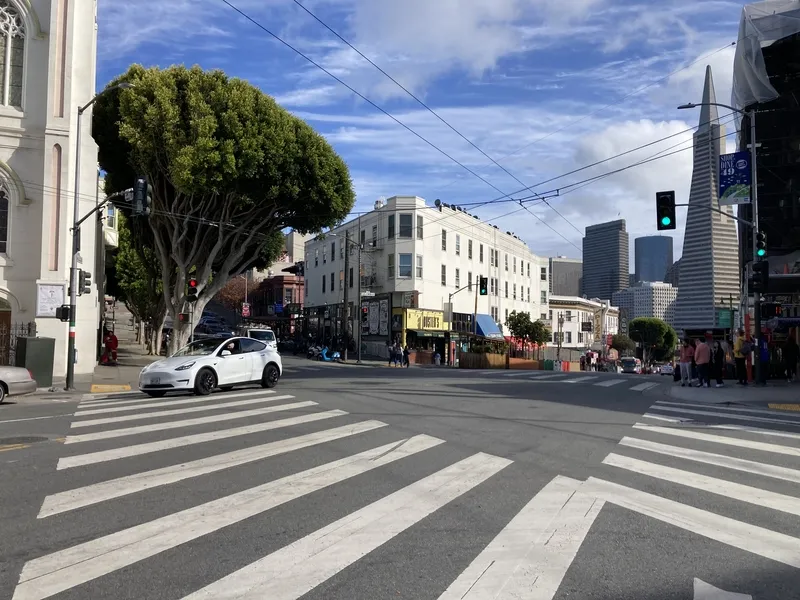Thales has been awarded a US$23 million contract by the San Francisco Municipal Transportation Agency (SFMTA) for the design and construction of advanced train control technology for the new Central Subway project, an extension of the existing T Line.
Thales will supply its field-proven SelTrac communications based train control (CBTC) technology for the 1.7 mile project, a solution designed to improve transit options for residents in one of the city’s most densely populated neighbourhoods, provide a ra
October 15, 2014
Read time: 2 mins
Thales will supply its field-proven SelTrac communications based train control (CBTC) technology for the 1.7 mile project, a solution designed to improve transit options for residents in one of the city’s most densely populated neighbourhoods, provide a rapid transit link to a burgeoning technology and digital media hub and improve access to a premier commercial district and tourist attraction.
For SFMTA, the SelTrac CBTC solution provides maximum performance in terms of headways, passenger throughput and energy conservation. It monitors the location of each train with a high degree of accuracy, which allows faster response times, more tightly controlled movements and easier expandability and adaptability. In addition, the solution offers the opportunity to lower life-cycle costs and increase revenue by moving more people more quickly. For passengers, the system will result in safe operations and a more predictable commute.








